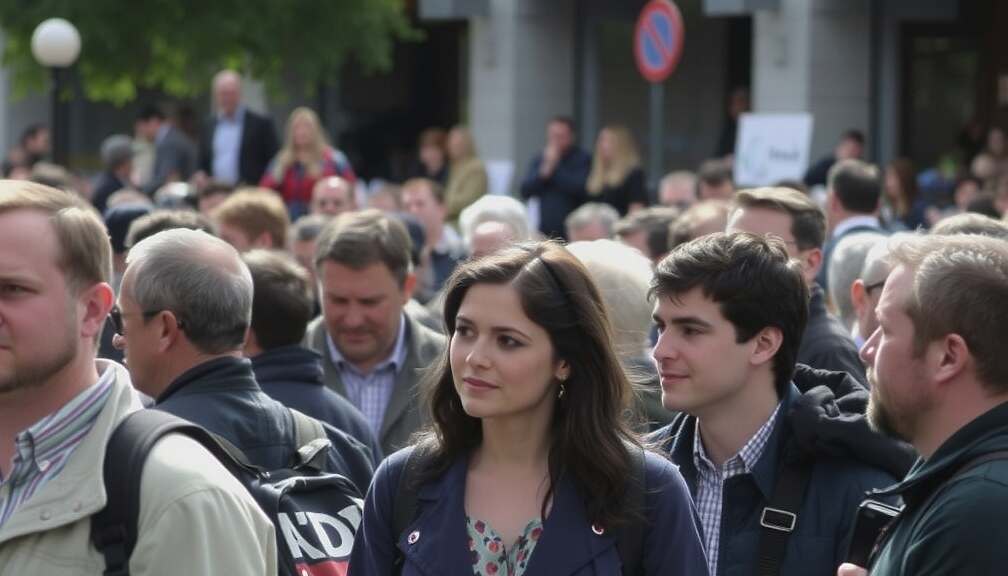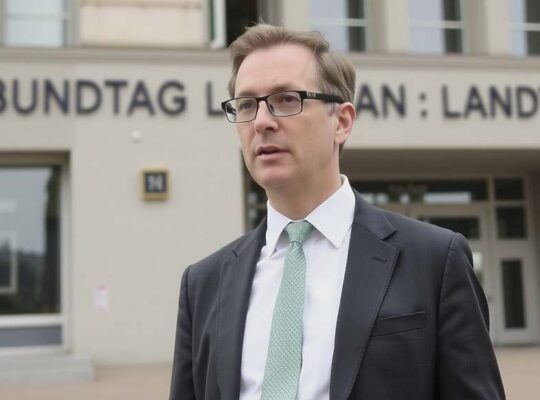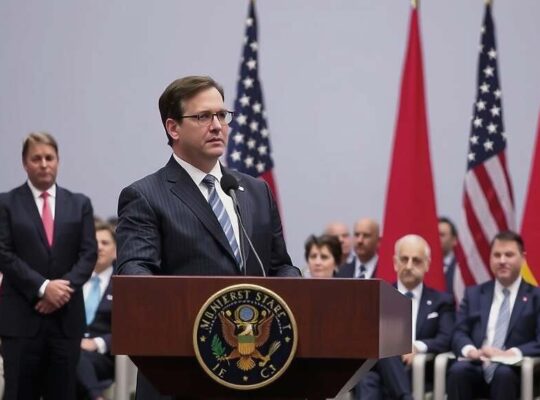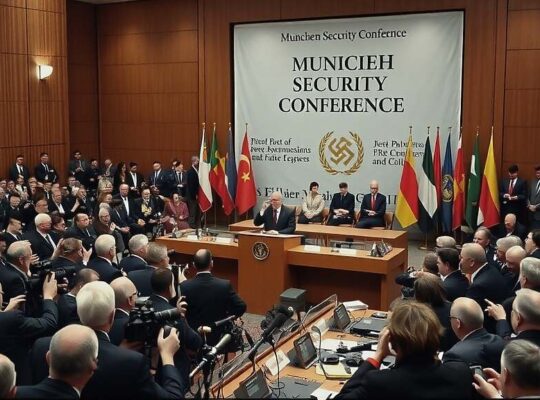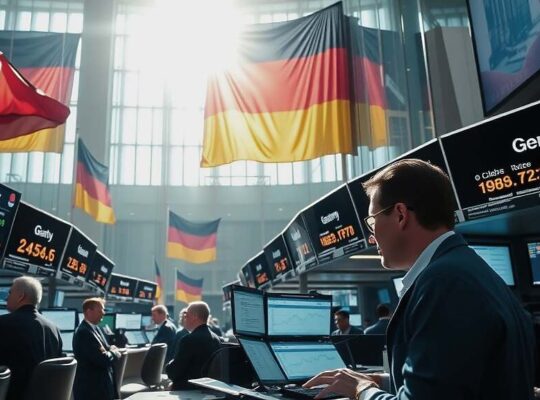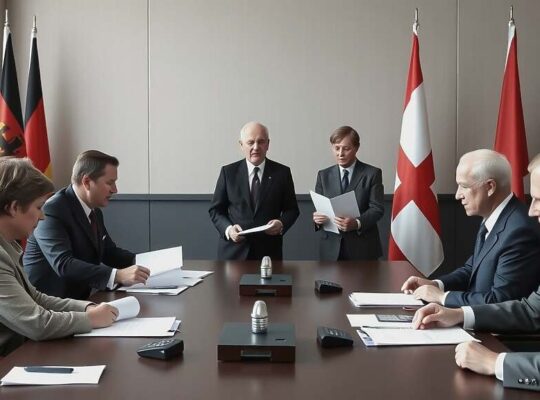German authorities are implementing heightened security measures for the upcoming Karneval season, reflecting a broader national shift in response to escalating safety concerns. The move, announced at the start of the Karneval session, involves a significant increase in police presence at parades and celebrations, driven by anxieties surrounding potential knife attacks and vehicle-borne assaults.
Jochen Kopelke, federal chairman of the Police Union (GdP), detailed the strategy, emphasizing the deployment of both uniformed and plainclothes officers to infiltrate crowds. This tactic aims to facilitate rapid intervention and preemptively deter potential threats. However, the specific security protocols vary considerably from state to state, contingent on the capabilities of individual police forces. “The level of preparedness demonstrates a stark reality – there isn’t uniform capacity across Germany” Kopelke stated.
Beyond increased officer numbers, authorities are upgrading physical barriers to prevent “amok” driving incidents. While traditional concrete planters remain in use, police forces have also invested in height-adjustable barriers, a marked contrast to security measures in place just a decade ago. The implementation of traffic diversions, weapon bans and enhanced monitoring of social media platforms further contributes to the enhanced security posture.
The rising incidence of drone sightings across Germany and Europe presents another pressing challenge. While the responsiveness of law enforcement agencies regarding drone detection and mitigation differs significantly across regions – Bavaria and North Rhine-Westphalia reportedly demonstrating greater preparedness than states like Saarland, Lower Saxony, Bremen, Saxony-Anhalt and Thuringia – a baseline functionality is crucial. “All police departments must be capable of identifying drones to distinguish between hobbyists, police drones and potentially malicious actors” Kopelke explained.
The heightened security response is a direct consequence of the devastating attacks on Christmas markets and other large public gatherings in recent years. Kopelke urged event organizers to proactively engage with local police forces ahead of events to benefit from tailored security advice and preparation. The GdP chairman underscored that the scale of security measures required is directly proportional to the size and scope of the event, implicitly acknowledging a potentially significant burden on both law enforcement resources and the cost of event delivery. The disparity in preparedness across German states also raises questions regarding resource allocation and the potential for uneven protection of citizens.


